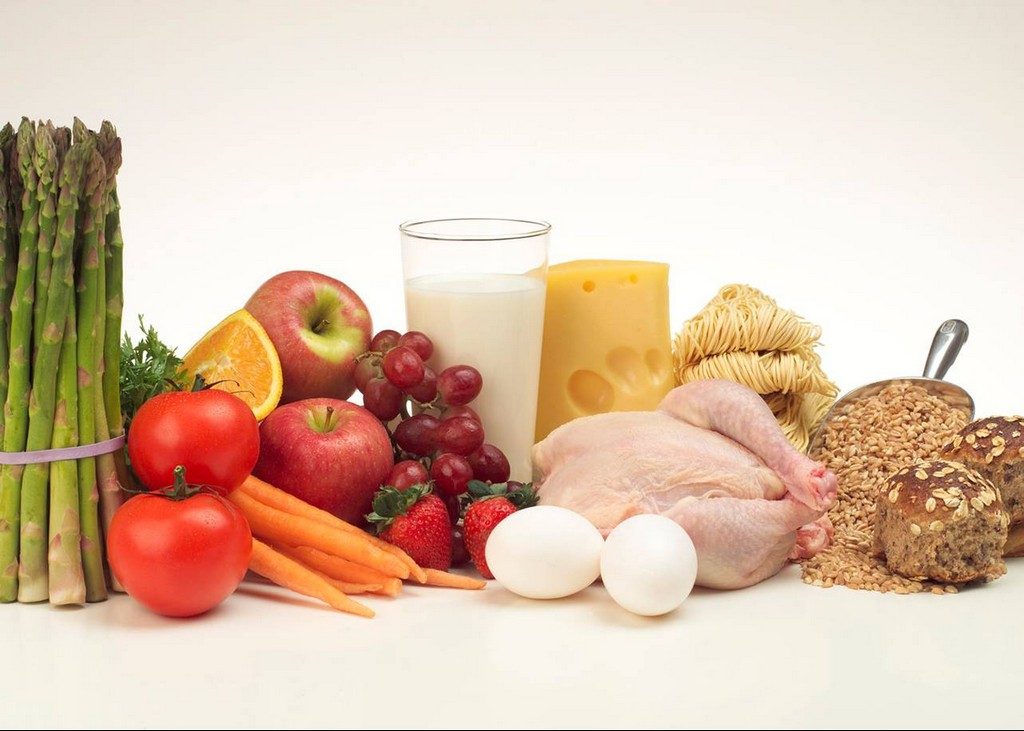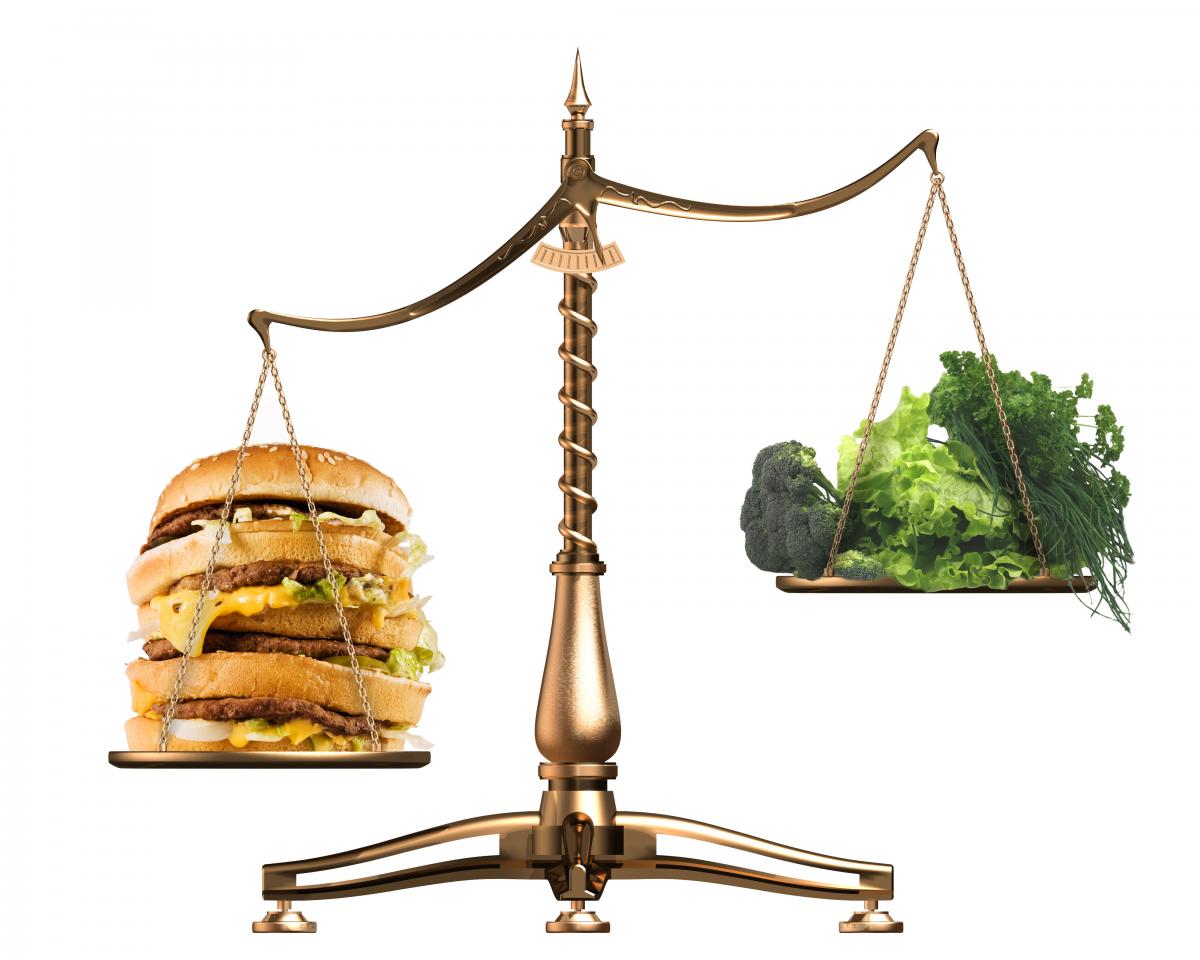Balanced Nutrition For Health & Fitness
A healthy balanced diet is not to ban or omit any foods or food groups but to balance what you eat by consuming a variety of foods in the right proportions. At a high level, the basic elements of a healthy diet include the right amount of protein, fat, carbohydrates, vitamins, minerals, and water. Fruit and vegetables are a vital source of vitamins and minerals and should make up just over a third of the food we eat each day. It’s advised that we eat at least five portions of a variety of fruit and vegetables every day.
There’s evidence that people who eat at least five portions a day have a lower risk of heart disease, stroke, and some cancers.
Eating five portions is not as hard as it sounds. Just one apple, banana, pear or similar-sized fruit is one portion (80g). A slice of pineapple or melon is one portion. Three heaped tablespoons of vegetables is another portion. There’s a lot of talk about the different components of food. Whether you’re consuming carbohydrates, fats, or proteins all of them contain calories.

Milk group, Cheese: fat-free, Milk or buttermilk: fat-free (skim) , Yogurt: fat-free or low-fat, regular or frozen, Meat and beans group, Legumes (including beans, lentils, peas, and split peas)
Meat (beef, pork, poultry with skin removed, game meats, fish, shellfish): select lean cuts; trim away visible fat; broil, roast, or poach.
Nuts and seeds (including almonds, hazelnuts, mixed nuts, peanuts, peanut butter, sunflower seeds, walnuts) Tofu, tempeh, and other soy-protein products
Fruit group. Apples, apricots, avocados, bananas, berries, dates, grapes, grapefruit, mangos, melons, oranges, peaches, pineapples, raisins, and other unsweetened dried fruits, tangerines
100% fruit juice. Vegetable group, Broccoli, cauliflower, carrots, collard, and other greens, cucumbers, green beans, kale, lettuces, potatoes, radishes, spinach, squash, sweet potatoes, tomatoes
100% vegetable juice.Grain group (bread and cereals) . Enriched, whole-grain bread, rolls, English muffins, bagels, cereals (hot and cold), and pasta, Grits, Rice, Oil
Light or low-fat salad dressing, Low-fat mayonnaise, Vegetable oil
When it comes to maintaining a healthy weight for a lifetime, the bottom line is – calories count! Weight management is all about balance—balancing the number of calories you consume with the number of calories your body uses or “burns off.”
- A calorie is defined as a unit of energy supplied by food. A calorie is a calorie regardless of its source. Whether you’re eating carbohydrates, fats, sugars, or proteins, all of them contain calories.
- Caloric balance is like a scale. To remain in balance and maintain your body weight, the calories consumed (from foods) must be balanced by the calories used (in normal body functions, daily activities, and exercise).

